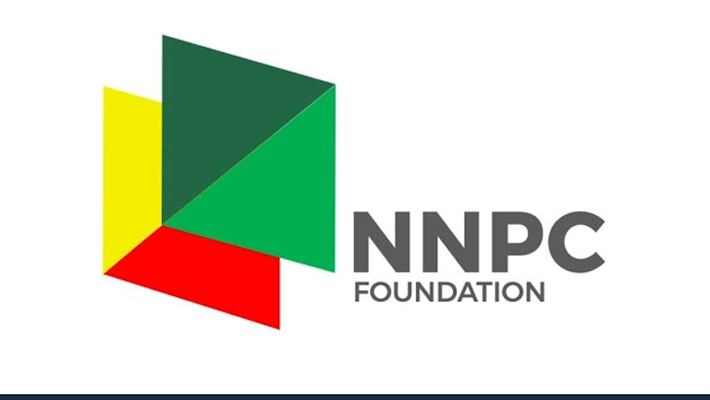The National Ginger Association of Nigeria has renewed its push for a lasting solution to the ginger blight disease that has ravaged farmlands across the country, leaving thousands of farmers in debt and crippling Nigeria’s once-thriving position in the global ginger market.
At a stakeholders’ meeting and inauguration of new members held in Kaduna recently, the association’s National President, Nuhu Dauda, said unity among farmers, government intervention, and international partnerships were critical to salvaging the industry.
“We are here today, most especially, to harness and bring ourselves together under one umbrella — from production to marketing and export.
“The ginger blight epidemic of 2023 affected about 80 percent of our farmers. We cannot allow this to continue. That is why all stakeholders have come together to find a solution,” Dauda told participants.
He commended the Federal Government for releasing ₦1.9bn in palliatives through the Ministry of Agriculture and Food Security, but noted that the intervention was inadequate to address the scale of losses.
Dauda revealed that the association has entered into a strategic partnership with Dimitra International, a global agribusiness organisation, to provide modern farming solutions to Nigerian ginger farmers.
“We are not only talking about compensation. Farmers must continue to farm ginger, and the blight disease must come to a final halt.
“This partnership is one of the major solutions we have secured. Dimitra International is ready to sponsor 6,000 ginger farmers in collaboration with the Federal Government so that we can achieve the desired results,” he added.
Also speaking, Alhaji Muttaka Isah, President of the Dawano Market Development Association and a board member of the National Ginger Association, lamented the hardship endured by farmers over the past five years due to recurring outbreaks of the blight disease.
“Really, we the ginger farmers suffered for the past five years on production and export because of diseases that destroyed most of the plants, especially in Kaduna and Kano states.
“We came today to see how to make ginger viable again for farmers, aggregators, and exporters, so we can restore the image of Nigerian ginger in the world,” Isah said
Isah noted with concern that Nigeria, which was once the world’s second-largest producer of ginger, had slipped significantly as a result of the crisis.
“For the past five years, Nigeria was number two, but now it’s going down. We want to reclaim that position. The government must assist with empowerment to revive this important industry,” he stated.
Stakeholders at the event agreed that the survival of ginger farming was vital not only for the livelihood of rural households but also for Nigeria’s non-oil export drive, as ginger remains one of the country’s most sought-after cash crops internationally.
For the association, the goal is clear: to eradicate the ginger blight disease once and for all, empower farmers to scale up production, and reposition Nigeria as a global ginger powerhouse.












